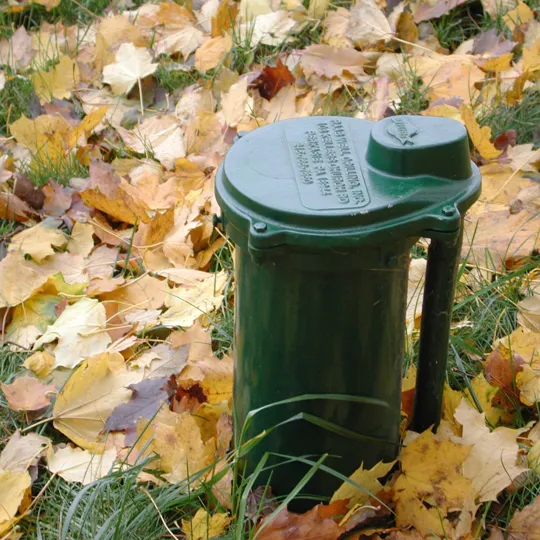In Maryland real estate deals involving private wells, there’s a form (the *Water Yield Test Addendum*) that lets a buyer require corrections from the seller — but only when the well *fails* to deliver a minimum flow. The revised version clarifies that the buyer *cannot* demand fixes if the well *does* meet the flow minimum. Here is an explanation:
- Water Yield Test Addendum and flow threshold.
- The addendum allows the buyer to request corrective action by the seller if the water flow does not yield at least 1 gallon per minute (gpm).
- Abuse of the provision.
- Some buyers have been submitting test results even when the flow is at or above 1 gpm, and then insisting the seller fix “deficiencies” that the test itself doesn’t invalidate (i.e. trying to gain concessions even though the standard was met).
- The remedy: revision of the Water Yield Test Notice.
- To stop those impermissible demands, the form was revised: now, the buyer may only require the seller to correct issues that cause the well to fail the threshold (i.e. flow < 1 gpm). If the well meets or exceeds 1 gpm, the buyer may no longer use the addendum to demand further repairs.
- Legal / practical teeth.
- This version helps sellers push back on overreaching demands by buyers, by tying the right to demand fixes strictly to a failure of the standard (less than 1 gpm). It adds clarity and reduces ambiguity in negotiations.
Why This Matters in Practice
Limits on buyer leverage. Without such a clarification, buyers could use the test as a tool to force repairs or credits even when the well is technically adequate. The revision aims to curb that tactic.
Fairness and certainty. By clearly stating that only sub-standard wells (below 1 gpm) permit corrective demands, sellers and buyers alike know where the line is.
Consistency with regulations. In Maryland, state well-yield rules generally require wells to sustain at least 1 gpm for a specified period under test standards. ([Legal Information Institute][1])
Risk management. Buyers should be careful not to overreach, and sellers need to be aware of the updated language so they can resist invalid demands.
Relevant Laws, Regulations & Forms to Check Out
Below are useful links and references that relate directly to the topic in Maryland:
| Resource | What it offers | Why it’s pertinent |
|---|---|---|
| Maryland REALTORS® – Private Water System Notice & Addendum (PDF) | The standard form used in Maryland real estate transactions for private wells, including the yield test clause. Maryland REALTORS | Helps see the exact legal language and how the yield test condition is framed. |
| Maryland REALTORS® — “Update on Statewide Forms: Water Yield Test Notice” | Notes form changes and how the Water Yield Test Notice is used. Maryland REALTORS | Useful to see the context of the recent revision and how the Notice works in practice. |
| Maryland Code of Regulations, COMAR 26.04.04.26 – Minimum Yield & Yield Testing | The formal state regulation that requires domestic wells to yield at least 1 gpm over 6 hours, and the conditions under which tests may be terminated early. Legal Information Institute | Provides the regulatory backing for the 1 gpm standard and testing protocol. |
| “When Should I Have a Well Yield Test Done?” – R&G Water Systems | General guidance on well yield testing in Maryland, including why the 1 gpm standard is used. rgwater.com | Good for understanding the technical / practical side of yield testing. |
| Legal update on MD § 10-713 (Water Quality Testing as Condition of Sale) | Newer Maryland law requiring sellers to provide water quality test results in private well transactions. Federal Title & Escrow Company | Though focused on quality (chemical / bacteria), it's an important adjacent rule that often affects negotiations around wells. |


Comments